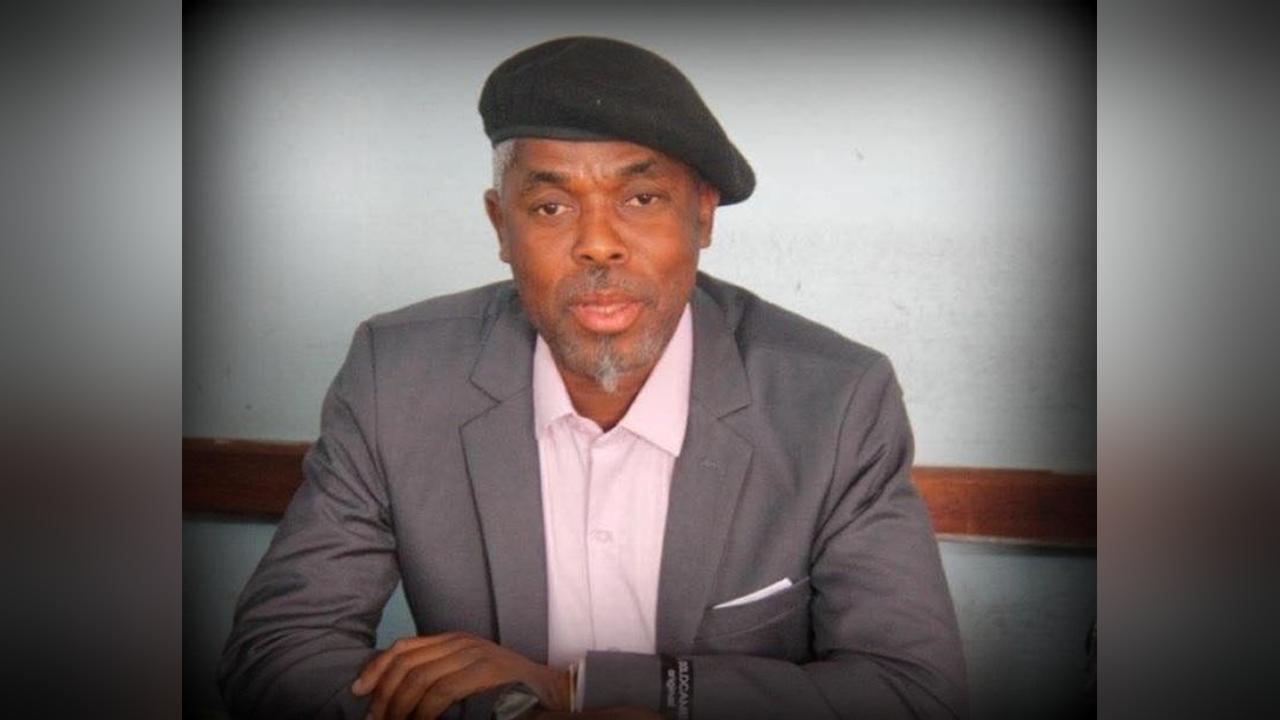Africa-Press – Mozambique. The Mozambican Public Prosecutor’s Office has charged six people with conspiring against the security of the State, apparently a reference to the unrest that followed the results from last October’s general elections, widely regarded as fraudulent.
According to a report in Monday’s issue of the independent newssheet “Carta de Mocambique”, one of those charged is Vitano Singano, leader of the Democratic Revolution (RD) party, which is a breakaway from the former rebel movement Renamo.
But Singano’s whereabouts are currently unknown. The party and Singano’s family say that he was kidnapped by the National Criminal Investigation Service (Sernic), an accusation that Sernic denies.
Also charged is Manecas Daniel, the coordinator of the Democratic Alliance Coalition (CAD) and two other CAD figures, Reinaldo Sindique and Justino Monjane. The CAD is a grouping of tiny opposition parties that in late 2024 declared their support for Venancio Mondlane, who became the main opposition presidential candidate.
The other two men charged are members of the armed forces, Jeremias Sitoe and Piedade Machado.
The dispatch from the Public Prosecutor’s Office claims that, since October 2024, Singano held clandestine meetings with military figures at an office in the Maputo neighbourhood of Alto-Mae. This was supposedly where Singano met with Daniel, Monjane, Sindique and Machado.
The prosecutors cite a telephone conversation on 20 October between Singano and a man named as Mariano Adamo, discussing the demonstration called by Venancio Mondlane for 21 October.
This demonstration certainly happened, in the wake of the murder, two days earlier, of Mondlane’s lawyer, Elvino Dias, and of opposition election agent, Paulo Guambe. The demonstration started off as a peaceful march, but then, in full view of national and international television crews, the police brutally attacked the marchers and dispersed them.
It was this incident that led to Mondlane fleeing the country and living abroad for about two months.
The prosecutors claimed that, in the 20 October phone call, Singano claimed he had the support of high-ranking officers in the armed forces and in the Interior Ministry for his actions which would involve attacking public institutions, such as police and military units.
Among the equipment to be used in this coup were explosives to be provided by informal miners in the northern province of Nampula. They were to be used to blow up roads and bridges to hinder the movement of vehicles carrying troops. In the event, no such explosions occurred.
Several other phone conversations between the plotters are cited in the prosecution dispatch. In one of these, on 30 October, Singano supposedly told a man named as Chiquira Maluane, to attack the police command in Matola city and kill the district police commander.
Another plotter, named as Castro Furruma, supposedly promised Singano that his group would attack the armed forces general staff headquarters in Maputo, on 10 November. None of these attacks in Maputo or Matola happened.
Nonetheless, the prosecution dispatch claimed it had been shown that Singano “in addition to playing a major role in coordinating the activities and interacting with members of the group to carry out violent acts, also intended to attack military and police units, as well as public and private institutions”.
The prosecution dispatch is now in the hands of the Maputo City Law Court, which must decided whether there is enough evidence to justify a trial.
For More News And Analysis About Mozambique Follow Africa-Press






